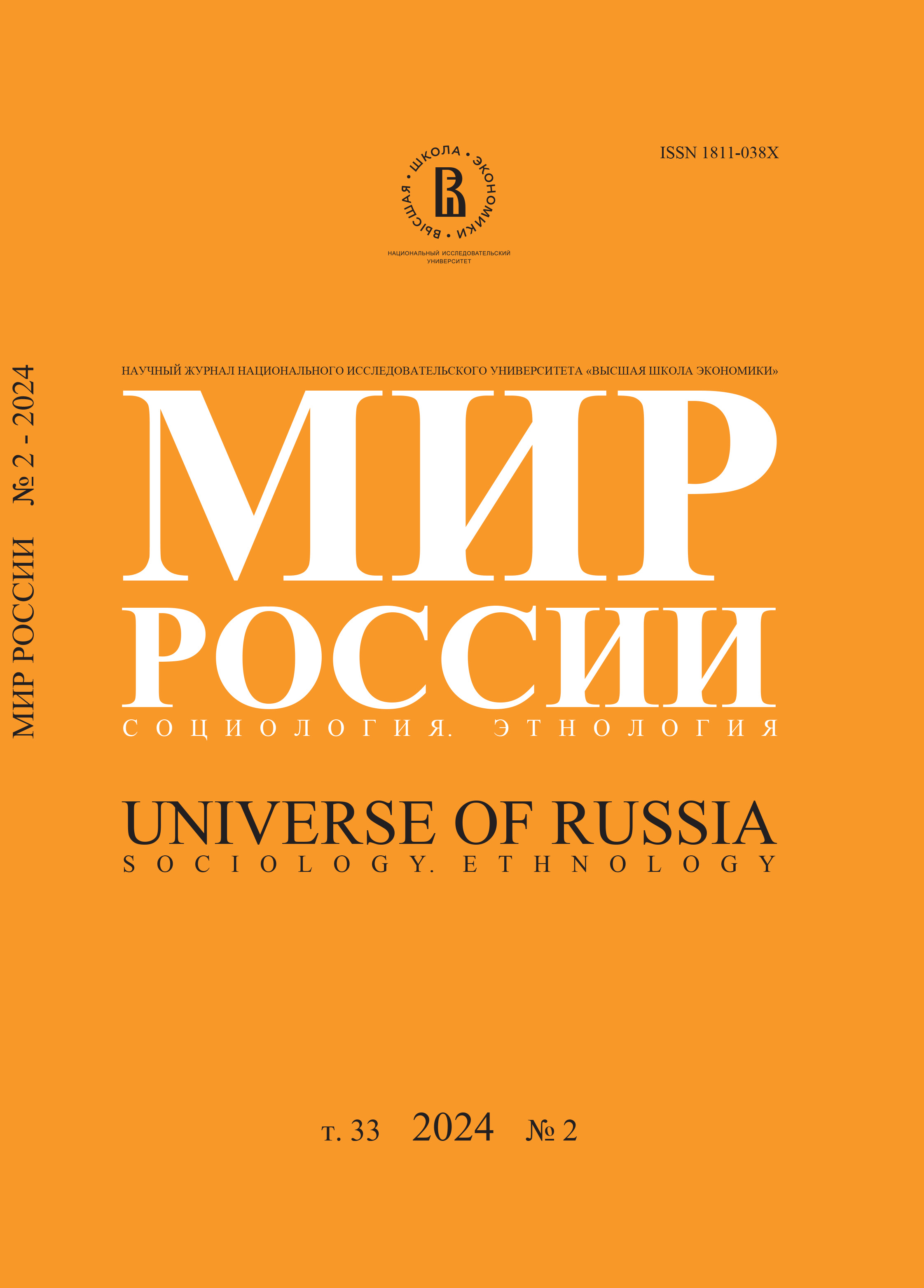Why Do Citizens Trust the Media? The Origins of Trust in Television in Modern Russia
Abstract
This article investigates the factors influencing media trust in contemporary Russia, focusing on television. It aims to uncover the determinants of trust in television, addressing the question of what drives citizens’ confidence in television as an information source. Understanding the foundations of media trust sheds light on the criteria people use to select information sources and the strategies that could enhance media credibility. Data from the seventh wave of the World Values Survey provided the empirical basis for this study. Using ordinal logistic regression analysis, the research reveals that social trust positively correlates with trust in television. A notable finding is a direct association between frequent television news viewership and higher levels of trust, whereas internet news consumers tend to be more skeptical of television content. The statistical analysis further indicates that women exhibit greater trust in television than men. Highlighting the impact of audience characteristics on media trust, this article contributes to the broader discourse on political communication and mass media’s role in society.






